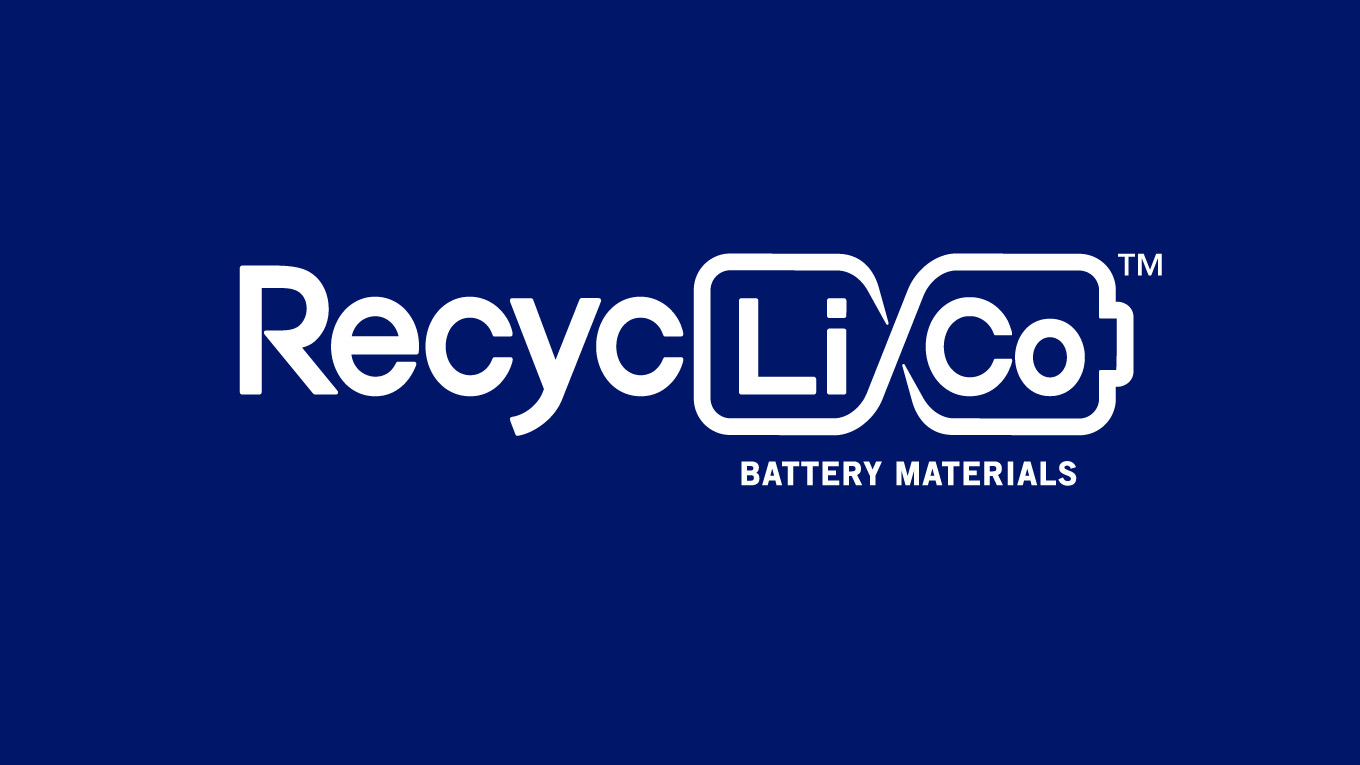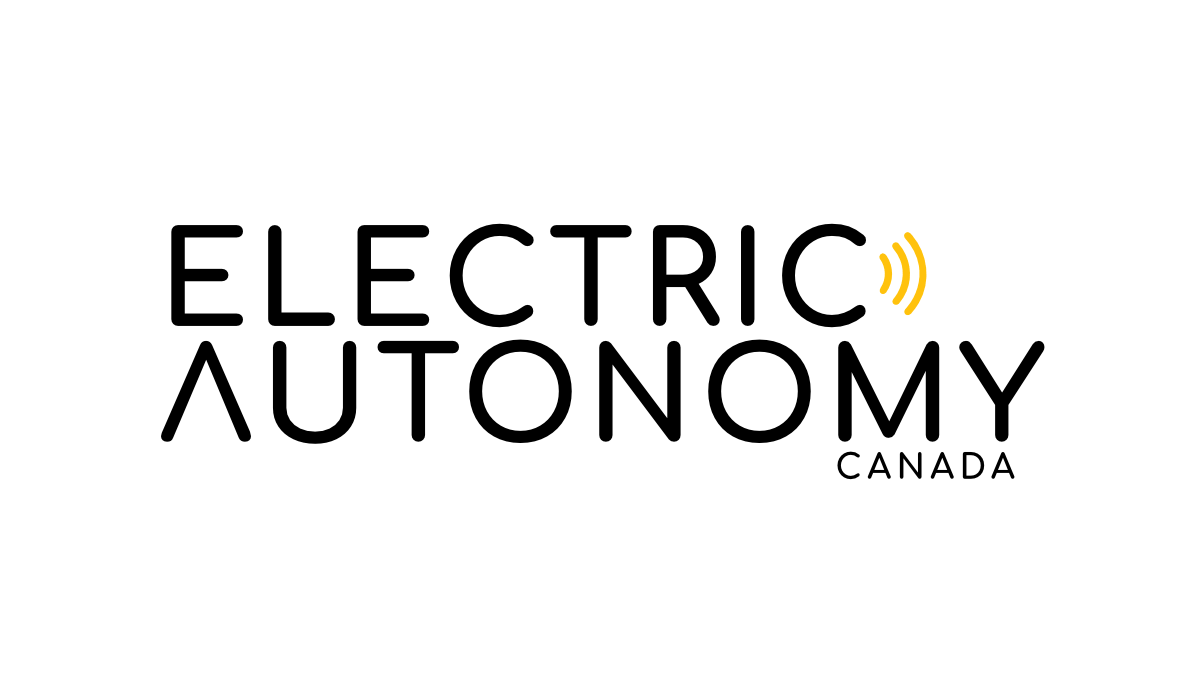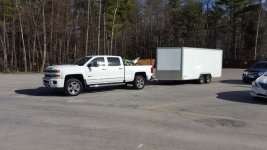I honestly couldn't bear to read through the whole 14 page thread, but I have an opinion on the EV as a work vehicle and/or truck.
Here goes, lifted from a post I made on Facebook.
A 100kph range from full on a F150 Lightning with a 5000lb trailer is 130km but that's right to fully dead, you couldn't do that. It takes 45 minutes with the fastest charging stations to get to 80% and about the same for the last 20%. Since highways don't do any regenerative braking, your range drops significantly from what's claimed which is why we're going with independent testing. It keeps getting worse because if it's cold your range will drop further. So, 100km is your white-knuckle range, 80km is probably more realistic for each stop to charge. That's right, 80km. This is from real-world testing done by reviewers, not claimed by Ford. If you want to go right until the battery is dead, that's on you.
So, you're looking at maybe 80km before you need to recharge, this time of year given that you're probably hauling on a highway and not through a city with regenerative braking. At best. There's not going to be fast charging that predictable or always free to use. Or working. Say hello again to white knuckles.
My diesel will pull my trailer with 5 bikes and 4 guys for 600km at 125kph where it likes to tow (I could save fuel by also dropping to 100kph). It takes 5 minutes to fill. Turn on the heated seats and crank the heat... no problems. Loaded that's 17,000lbs gross, the trailer with the bikes is approximately 7,000lbs + four 200lb (average) guys + gear + spare fuel + 200lb 140cc bike + 7,800lb diesel truck.
Let's math this real quick:
Provided you NEVER have to drive more than a minute off the highway (yahrite), and we don't count any washroom time or food gathering time, you can make the trip to Deal's Gap with my truck, from my door, in about 16 hours at an gross average rate of 100kph (real speed is mostly around 125kph but there are exceptions for states like Penn. which are marked 90kph for long periods of time and we slow down to maybe 105, plus our stops). We stop every 400km because that's 4 hours of driving each and the last stop is in Robbinsville to make sure we have plenty of fuel in her... note we stop mostly out of convenience, there is usually 1/4 tank left at each stop, so no white-knuckle worrying about fuel. Cost: around $550 USD round-trip including some trips to the town from our house for groceries etc.
Note: I used gross average speed because I do this every year, so I have the data. We do actually keep track, to split the costs etc.
Now let's do the EV truck... keeping in mind that it's cool in April all the way to Virginia and that my trailer is about 7,000lbs with the bikes + another 1,000lbs for us, gear and we'll even skip on the KXL for the hell of it. Range is a big question but we'll go with the above, about 100km before your knuckles start to creak.
Now you're going to have to depend on a fast charging network being available every 80-100km and fully available, and working, and not occupied. So let's! An 80% charge will take you about 45 minutes and a 100% charge will take another 45 minutes. Not sure what the strategy is but if you go to 80% now you're going to have to stop every 60-80km and if you go with 100% charge you're going to stop 80-100km away. Make your choice. Let's go with 100% and throw away any time spent getting off the highway to the charger. 100kph to keep your range reasonable is going to net you a lower average even for the on-road driving. So, that's, let's say, average of 80km before stopping and 1.5 hours per charge, I'll spot you 15 minutes if you really want but I'm already being kind to the F150 Lightning for range considering temperatures and mountains!
So, 1600km/80km = 20 stops. Oof. Giving the absolute MAXIMUM 100kph rate, that's 16 hours of driving, and 30 hours of charging. So again, ignoring any other time-robbing things including the time taken to drive off the highway to a charging station or looking for one, we come up with 46 hours to get there. There's at least a whole day out of your riding time in the mountains, you're going to arrive exhausted and ****** off, then you're going to have to leave a day early and go through the whole torturous experience again. As for costs, I'm told that the cost of each full charge will be a minimum of $35 USD but I'm sure it varies and I do not have direct experience with charging prices.
And that's why EV trucks make no @#$% sense if you're going to use them - you know - as trucks.
li-cycle.com

recyclico.com

electricautonomy.ca






















